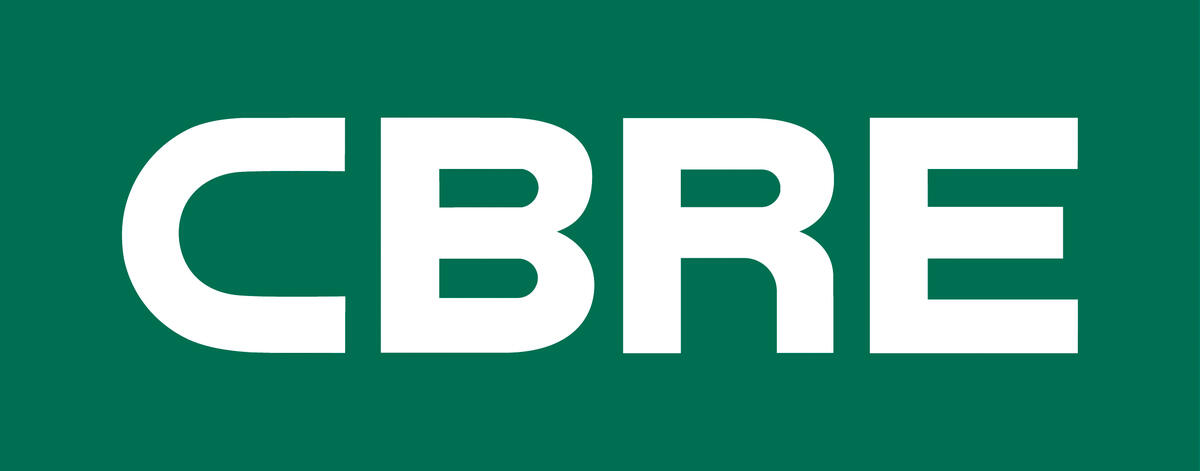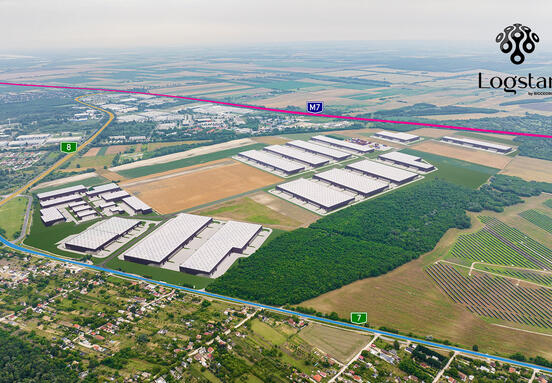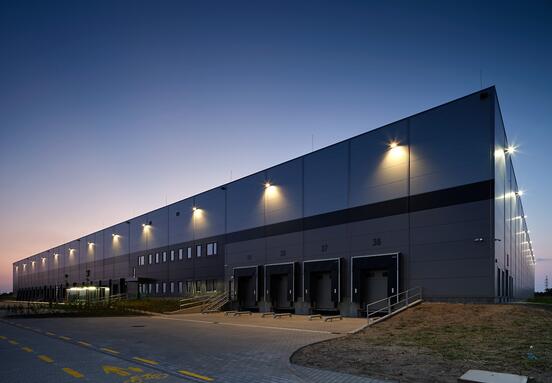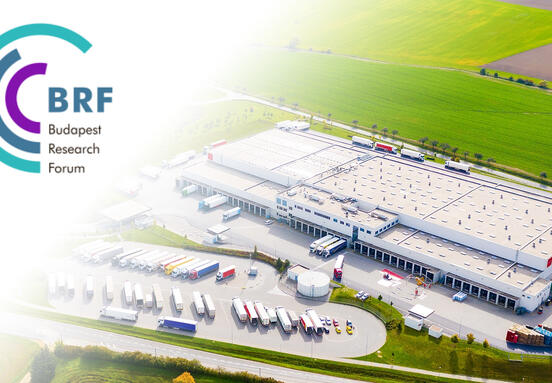1. The Re-appearance of Rental Growth
The re-appearance of rental growth will have a major impact on the I&L sector in 2014. The recovery from 2013 is expected to continue with GDP and industrial production figures for the EU-28 forecasted to grow by 1.3% and 1.5% respectively. Growth is expected to emerge notably in the UK before moving to Germany, France and some parts of Central and Eastern Europe (CEE).
2. Continued Investment Momentum
Investment focus shifted to the I&L sector last year and continued momentum is expected in 2014. Partnership arrangements between specialist investor-developers and third party equity capital from Sovereign Wealth Funds and overseas pension funds underpinned a proportion of last year’s turnover growth and this is expected to continue. Growing private equity interest is also evident.
This growth reflects wider acceptance of the investment rationale for the I&L sector for a range of investor types, beyond the conventional justification of a higher income return in a period of recovery. Pricing in the better locations will respond to the increase in investment activity and occupier demand levels will see some cyclical growth, adding further support to the investment case.
“Investment in the I&L was the strongest of any sector last year increasing by 50% with further expansion expected in 2014. The partnership arrangements between specialist investor-developers and third party equity capital from sovereign wealth and overseas pension funds is similar to the US, where investment levels rose last year and cap rates are on a downward path; therefore, creating US interest in the European market.”, James Markby, Head of European Industrial & Logistics Investment, commented.
3. Innovation in Order Fulfilment and Delivery
Growth in online retailing has underpinned over 40% of recent logistics leasing transactions in some markets and, with online retailing expected to post double-digit annual growth over the next five years; leasing transactions for e-tailing purposes will continue to increase.
Developing logistics systems to improve speed and reliability of delivery will address one of the main barriers in online retailing – consumer concern with the delivery experience. We expect more competition in the sector that will create opportunities to expand parcel volumes or acquire specific or local capabilities. Further innovation in parcel delivery systems due to the need for reliable, cost-effective systems is also expected. This will require the evolution of denser networks of high-throughput urban logistics facilities close to major population centres.
4. Emerging Markets Grow
Some of the emerging markets of Eastern Europe and Africa are set to benefit from increased consumption by trading partners as a result of the economic recovery. Growth forecasts for these markets are some of the strongest in EMEA with the six largest markets in Africa expected to grow by 4.6%, eclipsing the 1.6% and 2.4% of Germany and the UK respectively.
Firms are increasingly choosing Africa as an expansion destination in their growth plans. Combined with transport infrastructure improvements, this will generate significant growth in the contract logistics market over the coming years”, Richard Holberton, Head of EMEA Industrial and Logistics Research, commented.
5. The Search for Supply Chain Efficiency Dominates
In the search for supply chain efficiency, occupiers, retailers and 3PLs are still implementing rigorous cost-management programmes. However, in order to offer a service that is sufficiently broad and efficient they need to balance cost-management with investment. With improvements in connectivity between Western Europe and CEE, and the growth of industrial production and manufacturing, there will be greater outsourcing in 2014 to specialist logistics companies..
6. Resumption of Development
Conditions are in place for a widespread resumption of development in 2014. Other than build-to-suit schemes, the I&L development pipeline has been very thin for some time. Improvements in the market and significantly increased investor interest have encouraged developers to begin bringing schemes forward in a number of locations.
“The geographic focus of the logistics market is noticeably shifting to the east, and therefore the value of the Central European region is increasing. Amazon has decided that Poland will be the distribution center for Europe, and tenants in Hungary have finally also expanded during the course of 2013. Because of the country's infrastructural facilities Budapest's importance remains indisputable, however Győr's role is increasing continually, not only as a producer but also as a distribution center”, Gergely Baka Head of Industrial Properties at CBRE Budapest.
CBRE







